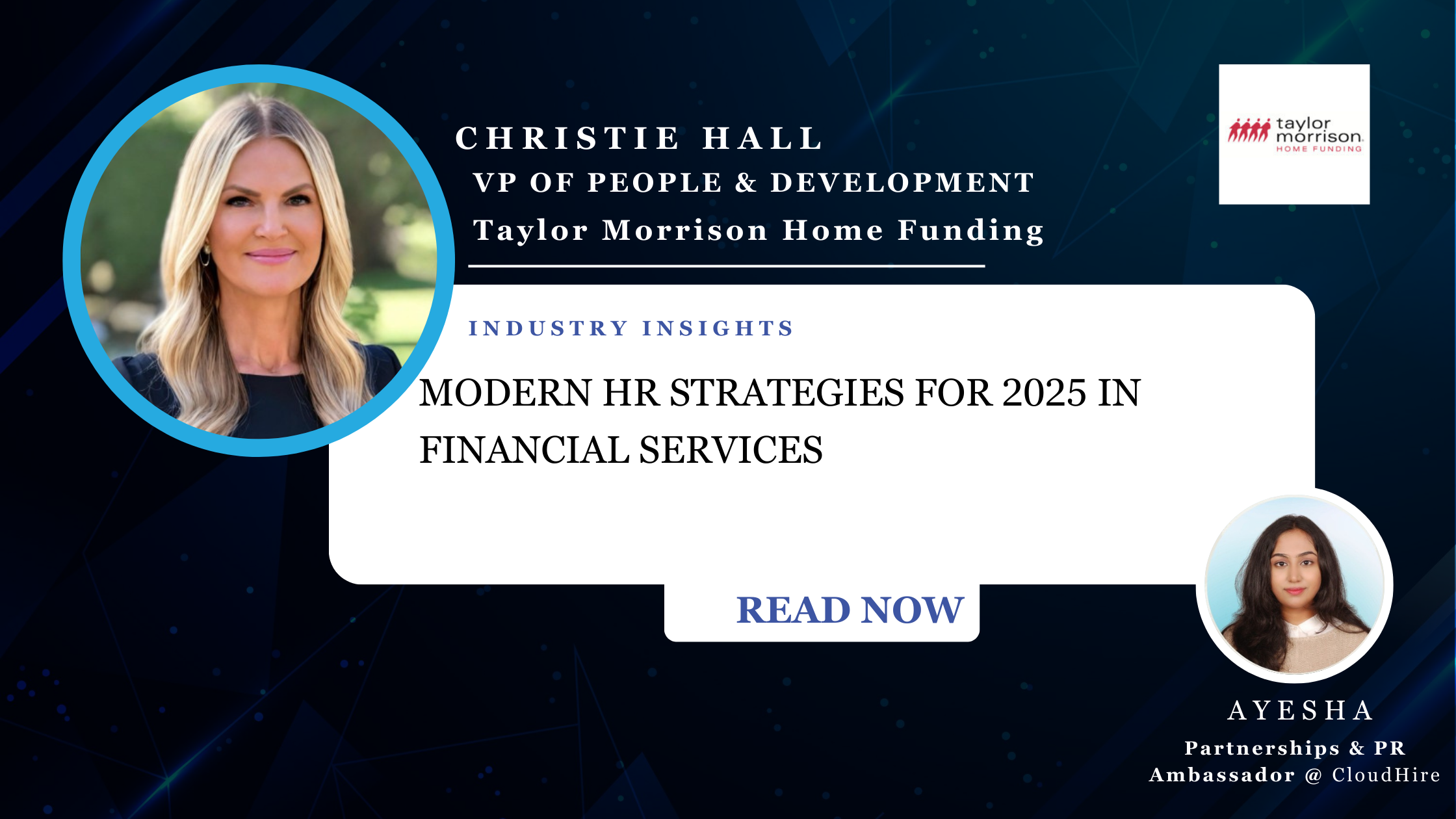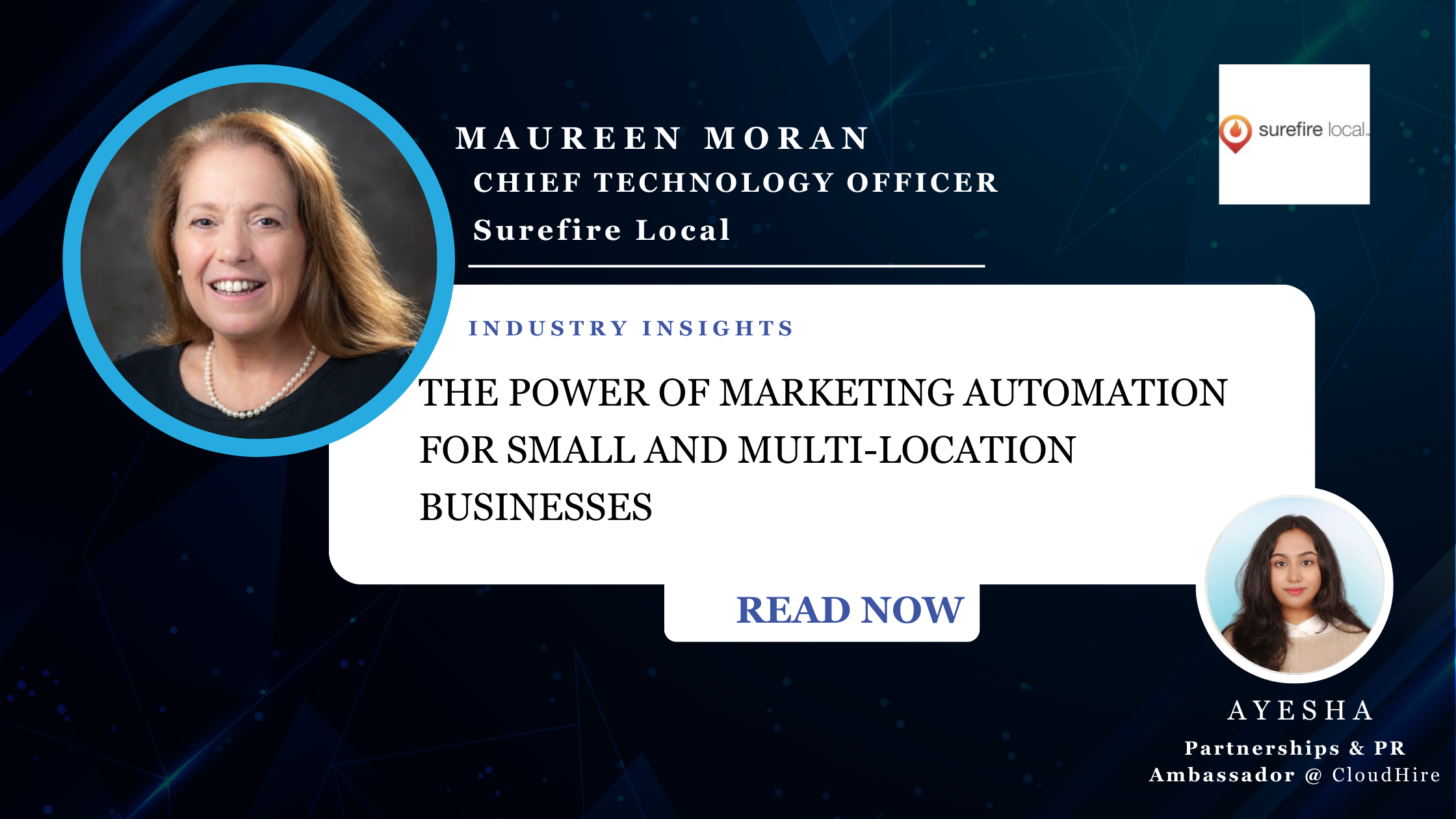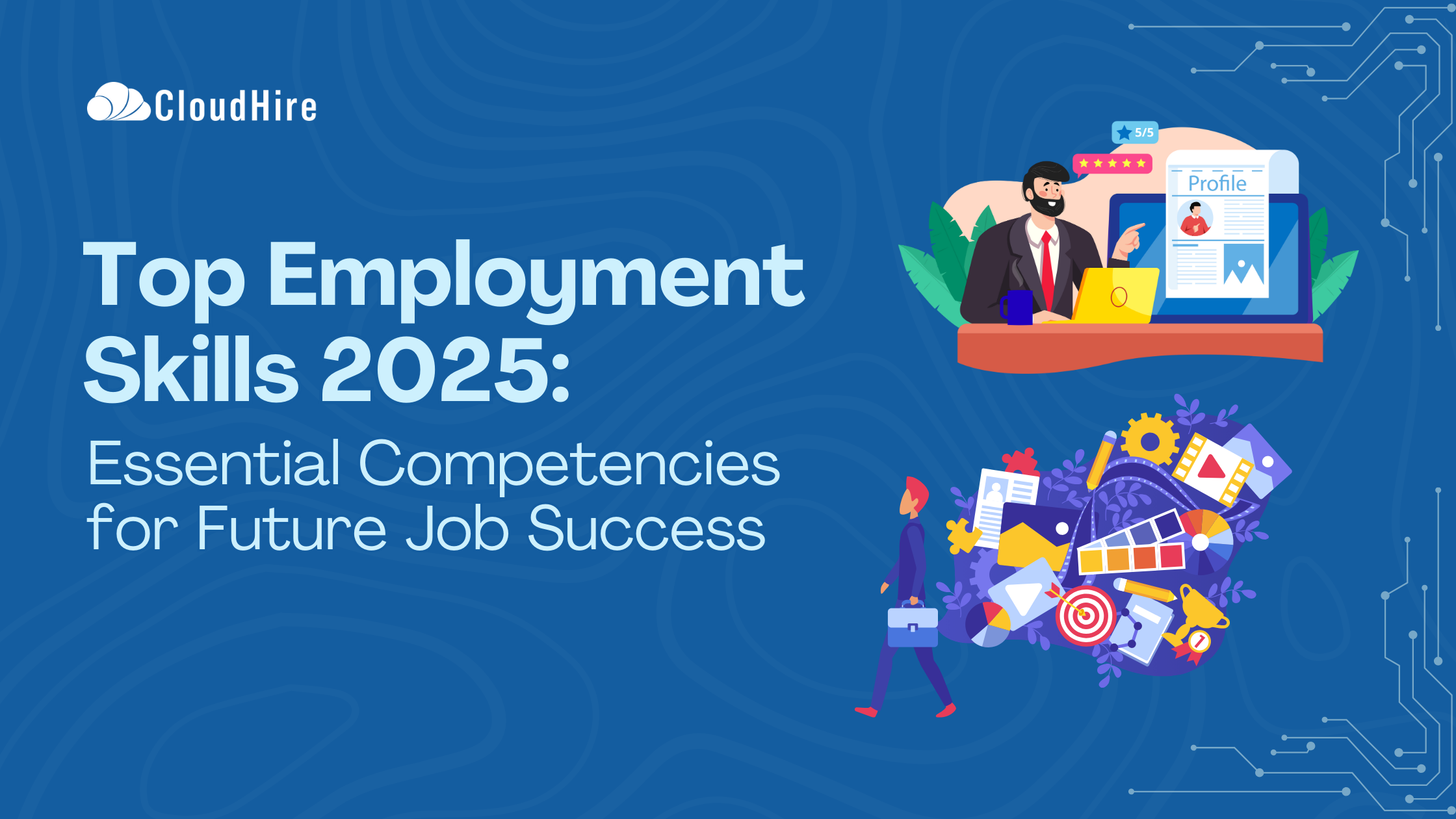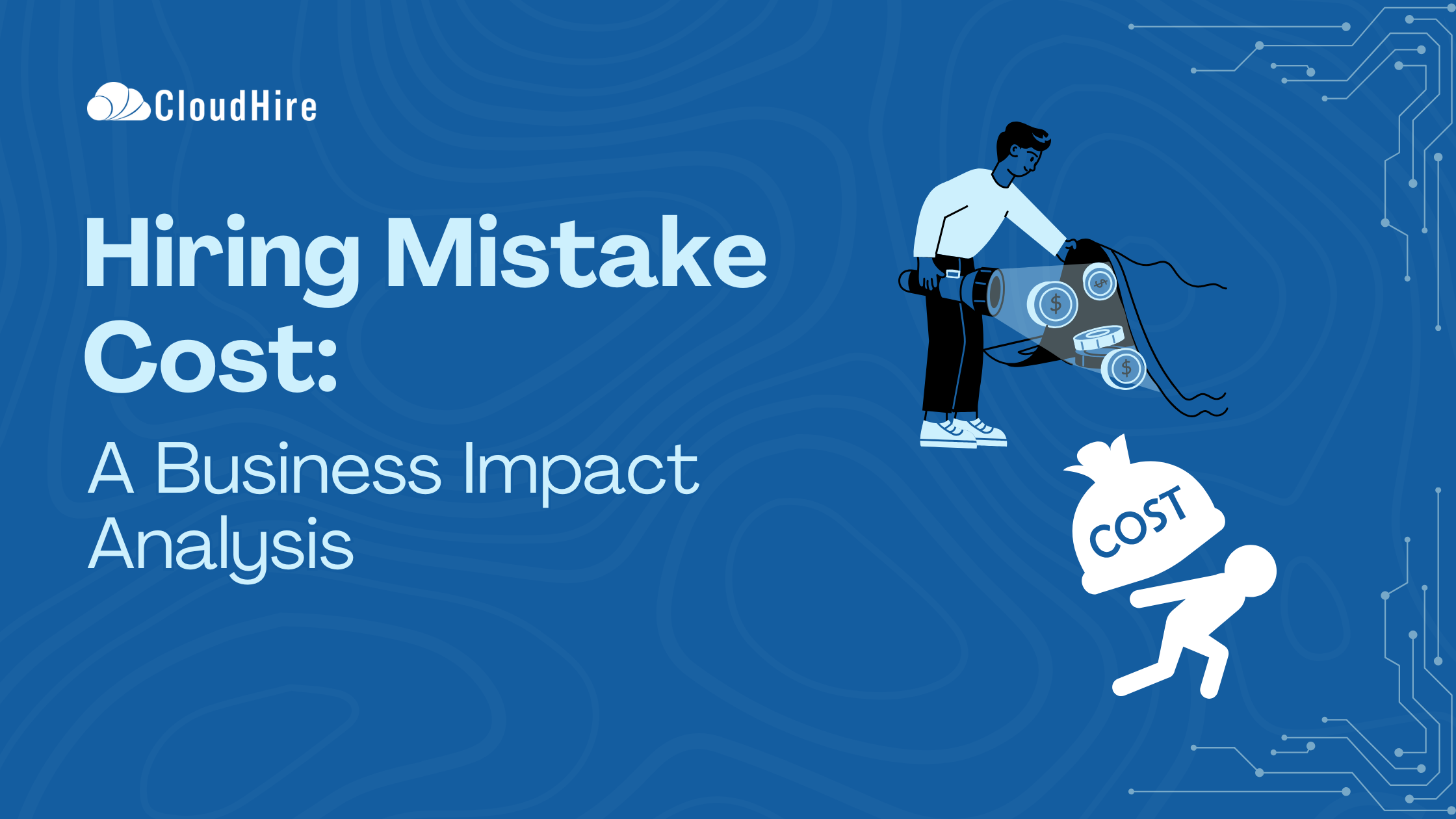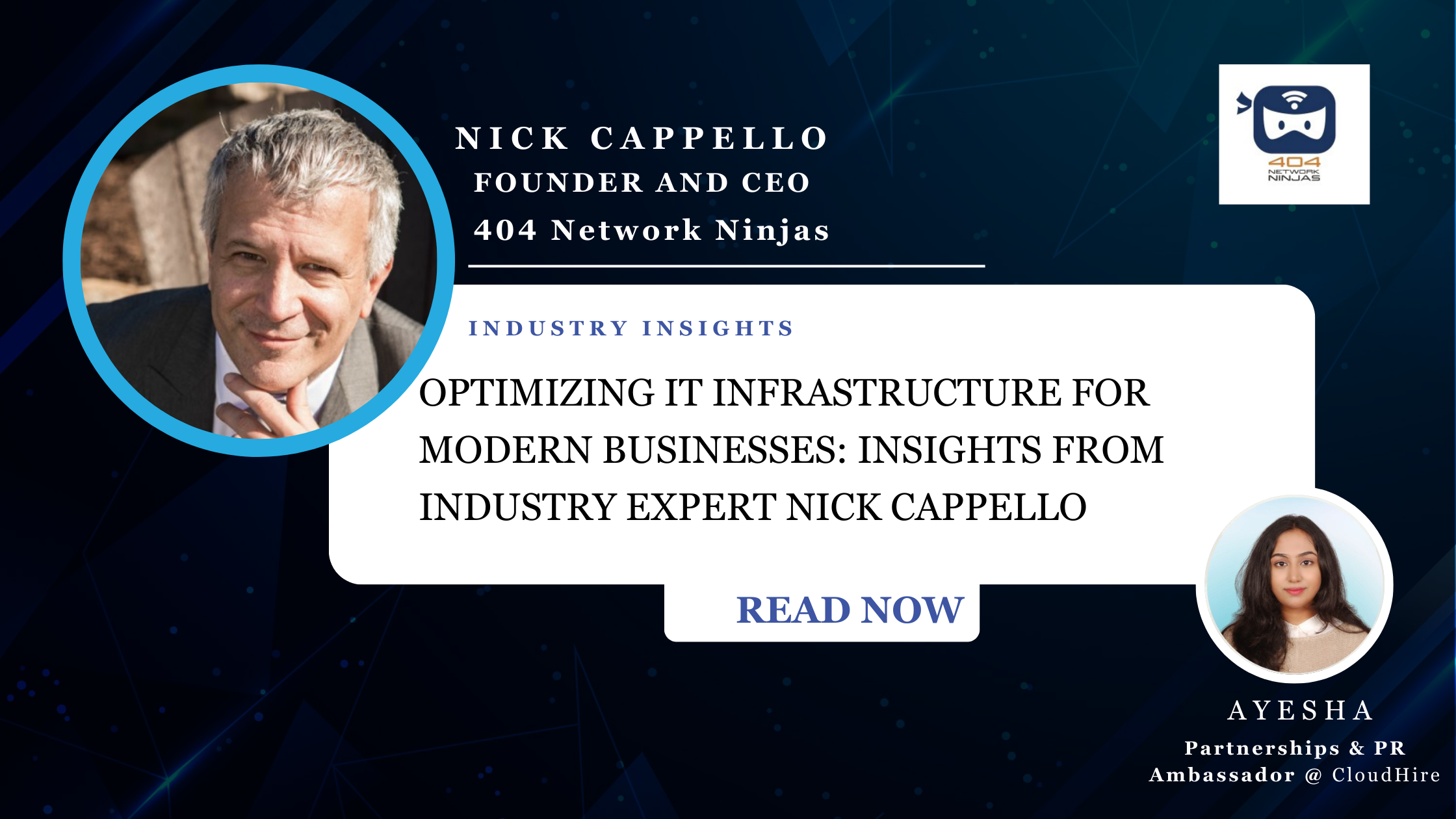The financial services sector faces unique challenges in talent management and organizational development. As we approach 2025, human resources leaders must implement Modern HR Strategies 2025 to adapt to evolving workforce demands while ensuring compliance in highly regulated industries. Taylor Morrison Home Funding (TMHF), a leading mortgage lender, demonstrates how organizations can transform their HR practices to build sustainable talent pipelines and create engaging workplace cultures.
The Gen Z Challenge in Financial Services
Recent workforce analytics reveal a concerning trend: Gen Z employees make up a small percentage of the financial services workforce (5-6% within TMHF), with an even smaller percentage in management roles. This demographic disparity poses a significant challenge as projections indicate Gen Z will constitute upwards of 30% of the workforce by 2029. Christie Hall, VP of People & Development at Taylor Morrison Home Funding, highlights this as a critical focus area for HR leaders.
Bridging the Generation Gap
Financial services organizations must address several key challenges to attract and retain Gen Z talent:
- Limited Industry Awareness
Most university programs don’t offer specific tracks for mortgage, title, or insurance careers
Young professionals often lack exposure to financial services career paths
Traditional recruitment methods may not effectively reach Gen Z candidates
- Workplace Expectations
Gen Z prioritizes flexibility and work-life balance
They seek meaningful work and clear career progression
Traditional financial services workplace cultures may not align with Gen Z values
Innovative Solutions for Modern Workforce Development
Taylor Morrison Home Funding has implemented several groundbreaking initiatives to address these challenges:
Financial Services University
TMHF’s comprehensive approach includes:
- Strategic Branding
Enhanced social media presence
Active participation in career fairs
Enhanced industry education and career awareness through partnerships with high schools and colleges
NextGen focus groups comprised of internal GenZ team members
- Structured Development Programs
Internship program with high conversion rates
10.5-month cross-functional rotation program for entry-level talent across various departments Comprehensive training across multiple departments
For organizations seeking to implement similar programs, partnering with global talent solutions providers like CloudHire can accelerate the process through access to diverse talent pools and established training frameworks.
Creating a Culture of Growth and Flexibility
Modern workplace culture extends beyond physical office spaces. TMHF’s transformation from a 95% in-office model to a remote-first approach in most departments demonstrates how organizations can maintain strong cultures while offering flexibility:
Key Cultural Elements
- Trust and Accountability
Shift from a command and control mindset, focusing on results rather than in-office presence
Clear performance metrics for remote workers
Intentional effort to connect with increased communication and feedback channels
- Career Development
Personalized career pathing toolkits
Structured Internal mobility programs
Skills-based progression frameworks
Organizations implementing remote-first cultures can benefit from specialized remote staffing partners who understand the nuances of virtual team management and global talent acquisition.
Leveraging Technology for HR Transformation
AI Integration Strategies
TMHF’s approach to AI implementation focuses on:
- Process Automation
Streamlining routine tasks
Reducing manual data entry
Improving efficiency while maintaining job security
- Analytics and Insights
Leverage predictive analytics to forecast future trends, needs, and challenges
Performance tracking
Learning management system optimization
Employee Learning and Development
Modern learning approaches include:
- Micro-learning Initiatives
Bite-sized content delivery
Mobile-friendly platforms
Continuous learning opportunities
- Gamification
Engagement-driven learning
Progress tracking
Achievement recognition
Building for the Future: 2025 and Beyond
As organizations prepare for 2025, several key focus areas emerge:
Strategic Priorities
- Talent Pipeline Development
Early career programs
Skills-based hiring
Internal mobility
- Technology Integration
AI-powered HR tools
Advanced analytics
Learning platforms
- Cultural Evolution
Flexible work arrangements
Inclusive practices
Performance-based evaluation
Implementation Roadmap
Organizations looking to transform their HR practices should consider:
- Assessment Phase
Evaluate current workforce demographics
Identify skill gaps
Review technology infrastructure
- Planning Phase
Develop comprehensive strategies
Set measurable goals
Create implementation timelines
- Execution Phase
Launch pilot programs
Monitor progress
Adjust based on feedback
Working with experienced global staffing partners like CloudHire can provide valuable insights and support throughout the transformation process.
Measuring Success
Key performance indicators should include:
- Recruitment Metrics
Generational diversity Time-to-hire
Quality of hire
- Retention Metrics
Employee satisfaction
Career progression rates
Internal mobility rates
- Development Metrics
Training completion rates
Skill acquisition
Performance improvement
Conclusion
The success of Taylor Morrison Home Funding‘s HR transformation demonstrates that financial services organizations can effectively adapt to changing workforce dynamics while maintaining regulatory compliance. By focusing on innovative talent development, cultural evolution, and technology integration, companies can build robust foundations for future growth.
Learn more about Taylor Morrison Home Funding’s mortgage services at [taylormorrisonhf.com] and explore global talent solutions at [cloudhire.ai]


